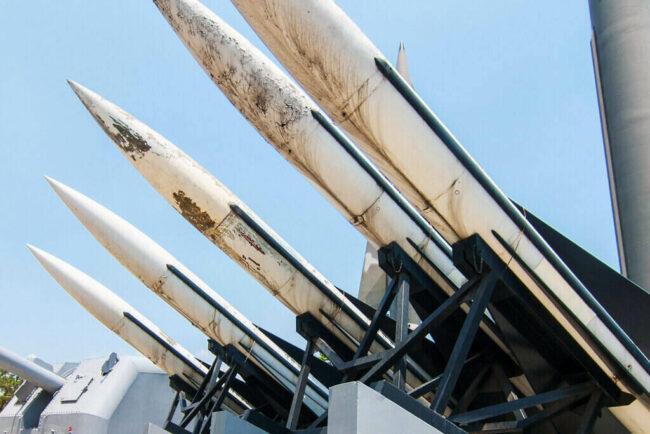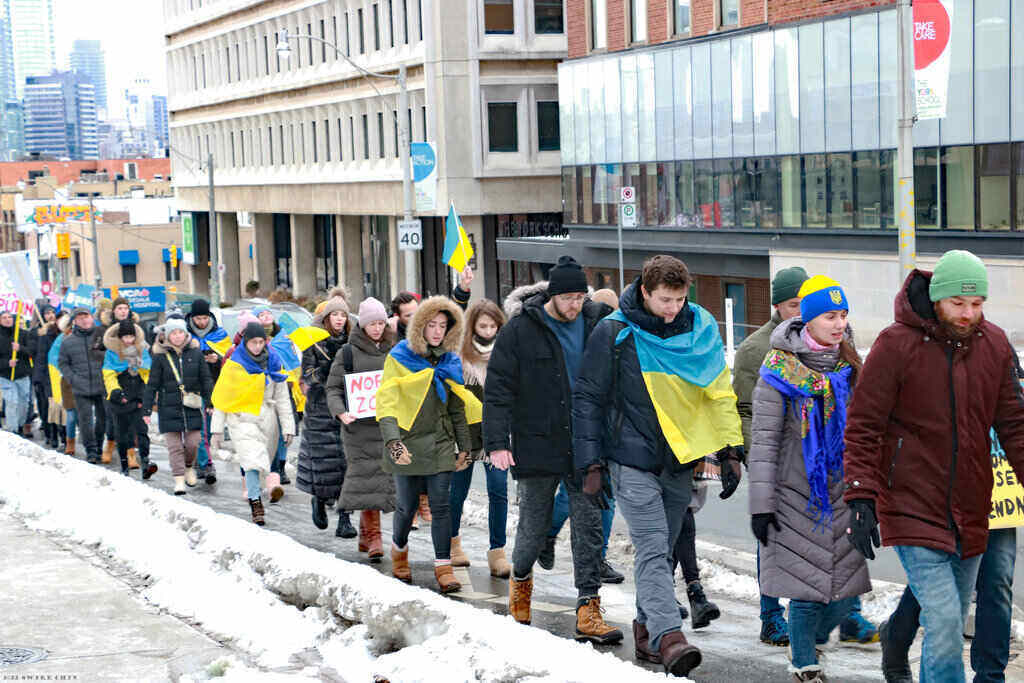|
Getting your Trinity Audio player ready...
|

An attempt to end the six-month-long conflict between Ukraine and Russia was made on Thursday. However, little tangible progress was reported. Because most issues were discussed and required Vladimir Putin’s approval, Turkish President Recep Tayyip Erdogan said he would approach Putin.
Some hoped for breakthroughs during Turkish President Recep Tayyip Erdogan’s first visit to Ukraine since the conflict began or United Nations Secretary-General António Guterres’ second visit. There was no indication of any breakthroughs, at least on specific issues.
The meeting in Lviv — which is far from the battle lines — of leaders interested in exchanging prisoners of war and inviting U.N. atomic energy experts to assess the country’s largest nuclear power plant, which is in danger of a catastrophe, is scheduled to begin.
Despite being a NATO member, Turkey has tried to remain neutral regarding the fighting. Erdogan, on the other hand, has positioned himself as a mediator. Because its economy is vulnerable to Russian trade, the situation is delicate for Turkey.
After the talks, the Turkish president implored the international community not to forsake diplomatic efforts to end the conflict, which has claimed tens of thousands of lives and displaced over 10 million Ukrainians.
Erdogan said that Turkey is prepared to play the role of “mediator and facilitator” and expressed his confidence that the conflict will end through negotiations.
Turkey organized talks in Istanbul in March between Russian and Ukrainian negotiators, which failed to bring an end to the fighting.

Meanwhile, heavy Russian missile strikes on Ukraine’s Kharkiv region overnight killed at least 17 people, Ukrainian authorities said Thursday. The Russian military said it had struck a base for foreign mercenaries there, killing 90, although the Ukrainian side was silent.
An ammunition storage facility reportedly caught fire near the border with Ukraine in the Belgorod region, an area near the border. No one was hurt. The video, posted online and cannot be verified, shows orange flames and black smoke, with several explosions. Anti-aircraft defenses shot down drones in Sevastopol near the Belbek airfield in Crimea. Explosions have recently taken place on the peninsula, destroying warplanes and causing other damage at military airports.
Russia has placed advanced hypersonic missiles on Kaliningrad, an area that is sandwiched between Lithuania and Poland, two NATO members. Because of this, international relations have been tense. The Zaporizhzhia nuclear facility in southern Ukraine has been a massive issue at the Lviv meeting. Moscow and Kyiv have both accused each other of firing on the location.
Zelenskyy called on Russian soldiers to leave the plant and for a U.N. atomic energy agency team to be allowed in, saying, “We must demilitarize the zone, and we must be honest: any harm in Zaporizhzhya will be suicide.”
Another nuclear accident similar to the 1986 Chornobyl incident in Ukraine would be disastrous, President Erdogan warned, expressing his concern over the fighting around the plant. The head of the United Nations and Ukrainian President Zelensky agreed to send an IAEA mission to the site on Thursday. Still, it was unclear whether the Kremlin would accept the terms. The Foreign Ministry believes that withdrawing troops would leave the facility “vulnerable.”
The power plant site in the city of Donetsk was shelled late Thursday by Ukrainian troops, a Russian official reported. The jitters escalated as Russian and Ukrainian officials said they believed the other side was plotting to attack the site and then blame them. Carlos dos Santos Cruz, a Brazilian general, has been named to lead a U.N. fact-finding mission to the Olenivka prison, where 53 Ukrainian prisoners were slain in an explosion in July. It is alleged that Russia and Ukraine are responsible for the blast.
On Thursday, the U.N. and Turkey will negotiate an increase in grain exports. In June, Ukraine cleared the way for 22 million tons of corn and other grains stuck in Black Sea ports since the Russian invasion to be exported. The blockage has exacerbated world hunger problems, driven prices, and stoked fears of famine, particularly in Africa.
Although the deal has been negotiated, only a trickle of Ukrainian grain has been exported—Turkey estimates that only 600,000 tons have been sent out. Zelenskyy wants to expand the shipments. In his words, Guterres celebrated the operation’s success. Still, he added, “We have a long way to go before it is translated into the daily lives of people at their local bakery and market.”
Written by Janet Grace Ortigas
Edited by Sheena Robertson
Sources:
AP News: High-level talks in Ukraine yield little reported progress; by Derek Gatopoulos and Suzan Frazer
Times-News: High-level talks in Ukraine yield little reported progress
CNS10 News: High-level talks in Ukraine yield little reported progress
Featured and Top Image Courtesy The Focal Project’s Flickr Page – Creative Commons License
Inset Image Courtesy of Can Pac Swire‘s Flickr Page – Creative Commons License



